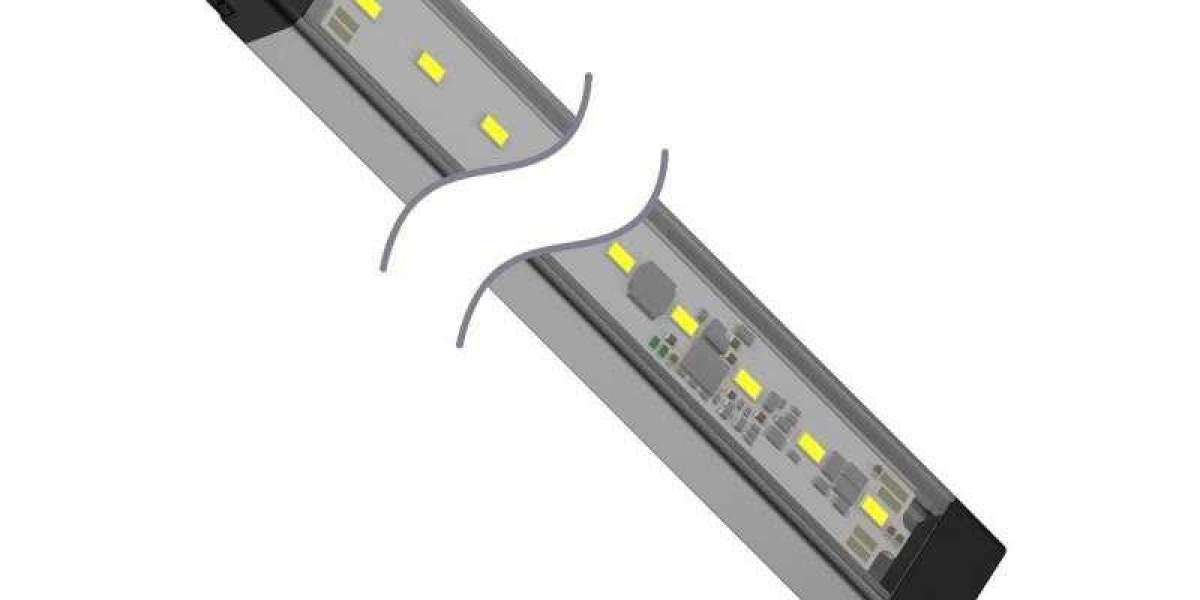As economics students grapple with complex theories and data analysis, the pressure to deliver high-quality assignments can be overwhelming. Many students might wonder, "Who can write my business economics homework" This question reflects a broader concern about managing workload and maintaining academic integrity. While seeking help can be a practical solution, it's crucial to ensure that such assistance is used ethically and does not compromise your academic standing. Plagiarism and academic dishonesty are serious offenses that can have lasting consequences, so understanding how to avoid them is essential for every student.
Understanding Plagiarism in Economics
Plagiarism involves presenting someone else's work or ideas as your own without proper attribution. In economics, this can include copying text from textbooks, articles, or online sources, or paraphrasing without acknowledging the original author. Given the technical nature of economics, students often rely on various sources to support their arguments or provide data. However, simply lifting content or failing to credit sources can lead to serious repercussions.
Effective Strategies to Avoid Plagiarism
Cite Your Sources Correctly: Whenever you use information from a book, journal, or website, make sure to provide proper citations. Familiarize yourself with the citation style required by your institution—whether it's APA, MLA, or Chicago—and use it consistently throughout your assignment. Proper citations not only give credit to original authors but also lend credibility to your own work.
Paraphrase Properly: Paraphrasing involves rewriting information in your own words, but it’s not just about changing a few words here and there. You need to fully understand the original text and present the idea in a new way. Even when paraphrasing, you must credit the original source to avoid plagiarism.
Use Quotation Marks for Direct Quotes: If you need to use exact phrases or sentences from a source, place them in quotation marks and include a citation. This indicates that the words are not your own and provides a clear reference for readers to follow.
Develop Your Own Voice: Strive to present ideas and arguments in your own words. While it's important to support your claims with evidence, the analysis and interpretation should reflect your understanding and perspective. This not only helps in avoiding plagiarism but also demonstrates your critical thinking skills.
Utilize Plagiarism Detection Tools: Before submitting your work, run it through plagiarism detection software. These tools can help identify any unintentional similarities with existing sources, allowing you to make necessary revisions and ensure originality.
Role of Assignment Help Websites
In today’s digital age, assignment help websites have become a popular resource for students seeking assistance with their coursework. These services can be beneficial, offering expert guidance, customized solutions, and timely support. However, when using such services, it's vital to uphold academic integrity.
Choose Reputable Services: If you decide to use an assignment help website, select one with a strong reputation for providing original, well-researched content. Ensure that the service has clear policies on plagiarism and guarantees that the work provided is unique and free from any form of academic dishonesty.
Be Involved in the Process: Instead of outsourcing the entire assignment, use the help service as a resource to guide your research and writing process. Actively participate in shaping the final product by asking questions, seeking explanations, and incorporating the suggestions into your own work. This way, the final submission will reflect your understanding and effort.
Verify the Quality of the Work: After receiving help from an assignment service, review the content thoroughly. Check for any potential issues of plagiarism and ensure that all sources are correctly cited. Make revisions as necessary to ensure that the final submission adheres to your institution's standards for academic integrity.
Use Help as a Learning Tool: Treat assignment help services as a supplementary resource rather than a shortcut. Use the guidance and feedback provided to improve your own skills and understanding of the subject matter. This approach not only helps you avoid plagiarism but also enhances your learning experience.
Cultivating Academic Integrity
Beyond specific strategies, cultivating a strong sense of academic integrity is crucial for success in economics and any other field. Developing good study habits, managing your time effectively, and understanding the principles of academic honesty are all part of maintaining integrity in your work.
Stay Organized: Keeping track of your research sources, notes, and drafts can help prevent accidental plagiarism. Maintain a well-organized system for recording and referencing sources as you work on your assignments.
Seek Guidance: If you're ever unsure about citation practices or the originality of your work, consult your professor or academic advisor. They can provide valuable insights and help clarify any doubts you might have.
Understand Your Institution’s Policies: Familiarize yourself with your university's policies on plagiarism and academic dishonesty. Understanding the specific rules and consequences can help you avoid violations and ensure that you adhere to academic standards.
In summary, avoiding plagiarism and academic dishonesty in economics homework requires diligence, proper citation practices, and a commitment to original work. While assignment help websites can be a valuable resource, it's essential to use them responsibly and ensure that they complement rather than replace your own efforts. By integrating these practices into your academic routine, you can achieve success while upholding the highest standards of academic integrity.




